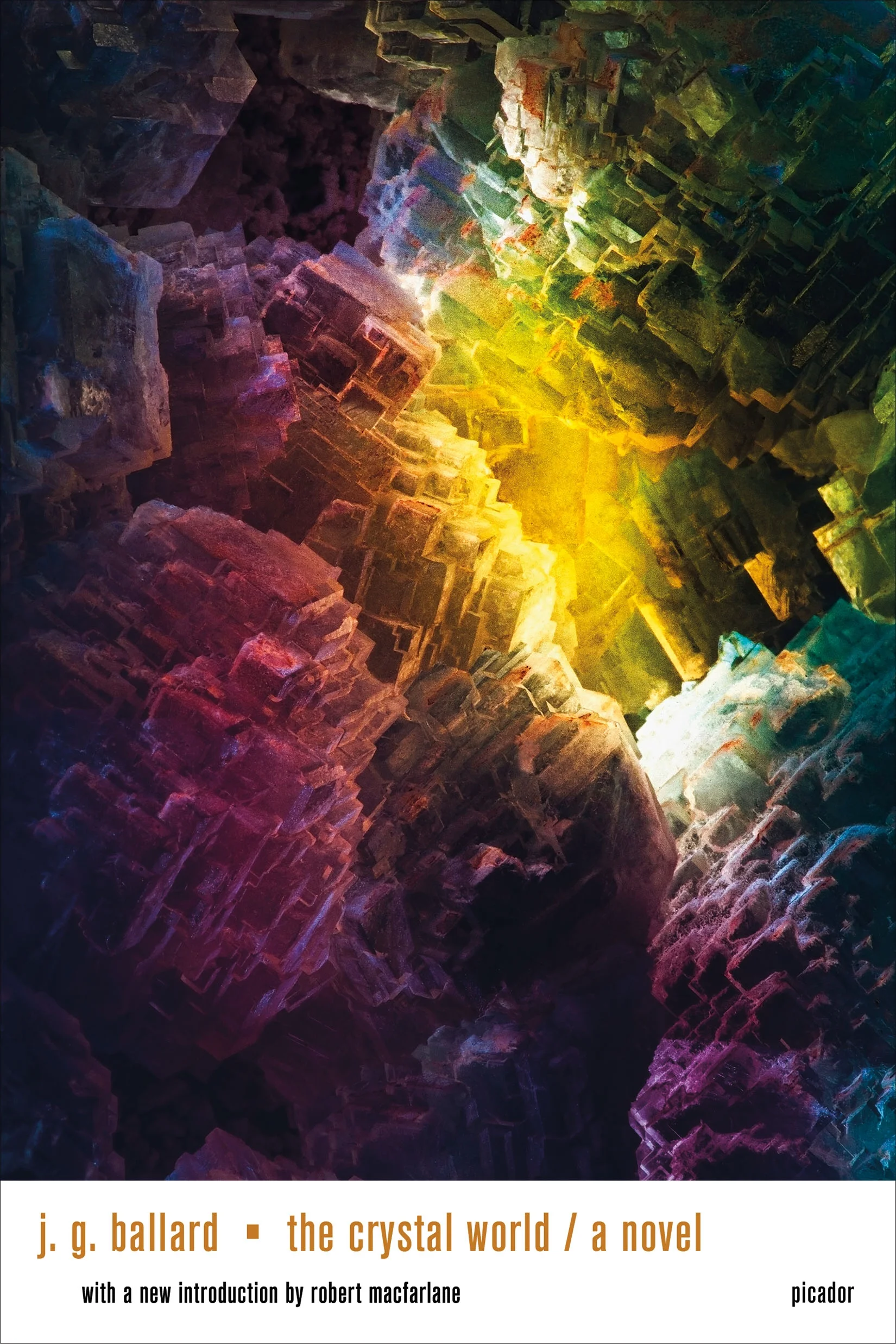Book Review : J.G Ballard - Concrete Island (1973)
The idea that modern existence is making us miserable is very popular nowadays. Mental health gurus (and click-bait websites) are lamenting the end of privacy of our increasingly connected world, the happiness-obsessed corporate culture encouraging us to forsake our personal lives, yadda, yadda. I'm sure you've heard those a thousand times. They are nothing new, though. Long before Facebook and iPhones invented (maybe long before you were born), the great minds of the twentieth century were anticipating the perils of modern living. Immortal British author J.G Ballard explored those almost fifty years ago in his urban disaster trilogy, which Concrete Island is a part of. It's the shortest and most difficult book in the series.
Concrete Island is the story of Robert Maitland (Ballard loved naming his protagonists "Robert" for some reason), a wealthy architect that crashes his car in the opening paragraph. His Jaguar goes flying over the guardrail of the high-speed highway he was driving on and crashes on the titular concrete island below. Caught between highway lanes, Robert gets injured trying to get help and becomes prisoner of his situation. He becomes trapped by a man-made superstructure where he is isolated by the breathless pace of modern living. There's constantly people driving by fast to keep the flow of traffic going. So fast they don't even look down to notice him. Soon, Robert realizes he is not alone on his concrete island, though. His fate might not have been a cruel twist of irony after all.
The comparison you'll often hear for J.G Ballard's Concrete Island is a modern living Robinson Crusoe. It's a little more complicated than that. Nothing in this novel can be taken at face value. Robert Maitland is alone, trying to signal help for half of Concrete Island a what's going inside his mind during that time is important. He is reminiscing of his wife Catherine and his kid David, but also of his mistress Helen Fox. Maitland had his accident while going home from Helen's to his wife and kid's. So, the superstructure that facilitated his dual existence took him out of the equation into a third plane of existence where he is forced to confront the desolate, jagged landscape he created for himself. The concrete island is more of a symbolic purgatory than a modern desert island if you will. So, Concrete Island is Robinson Crusoe meets Lost if you will. There is a desert island, but only for people who deserve to be there.
Kind of a heavy allegory, isn't it? Compared to the gorgeous and masterful final volume of the urban disaster trilogy High-Rise, Concrete Island is leaning a little bit too much on the power of its perceptive allegory. The idea of it is so incredibly smart and engaging, it kind of overshadows its characters? There are only three if you don't count the highway, which in my opinion is the real protagonist of Concrete Island. And I believe you should read it with that in mind. What makes the novel more than a simple modern adaptation of Robinson Crusoe is the relationship between Robert Maitland and the highway, the very object that meant to facilitate his high-efficiency existence and that ended up rejecting him. That is really what's interesting about Concrete Island and every other interaction in the book is meant to make you understand the relationship between Maitland and the highway better.
Unless you want to read the urban disaster trilogy back-to-back in order (Crash, Concrete Island and High-Rise), I suggest you keep the latter for the end. It's SO fucking good it's going to taint your appreciation of the others and there is added value to reading them in order anyway. I liked Concrete Island, but it couldn't possibly live up to the world of expectations I had after being swept away by High-Rise. It's much more than a simple retelling of Robinson Crusoe anyway, although it has undeniable elements of it. Concrete Island is about man's relationship to structures and commodities they build (Maitland is an architect * wink * wink *) that end up rejecting them. J.G Ballard was a visionary in the purest sense of the word. There's no denying that. Concrete Island is indeed a work of great vision. It's just not Ballard's best. Because Ballard's best is just some of the best literature I've ever read. Anyway, read it. Read the urban disaster trilogy and be thankful we had a mind such as J.G Ballard's in this world. He was one of the best we've ever had.






